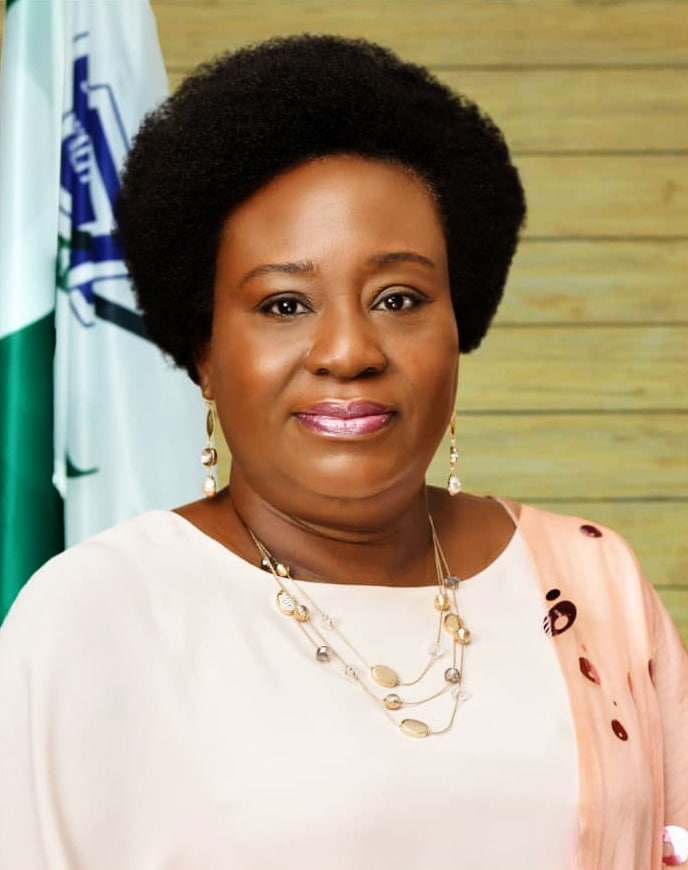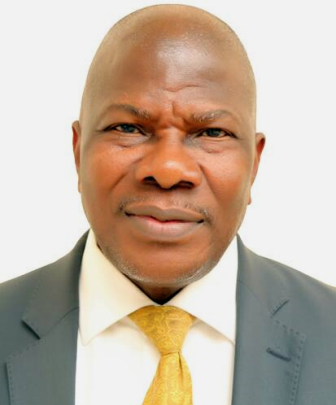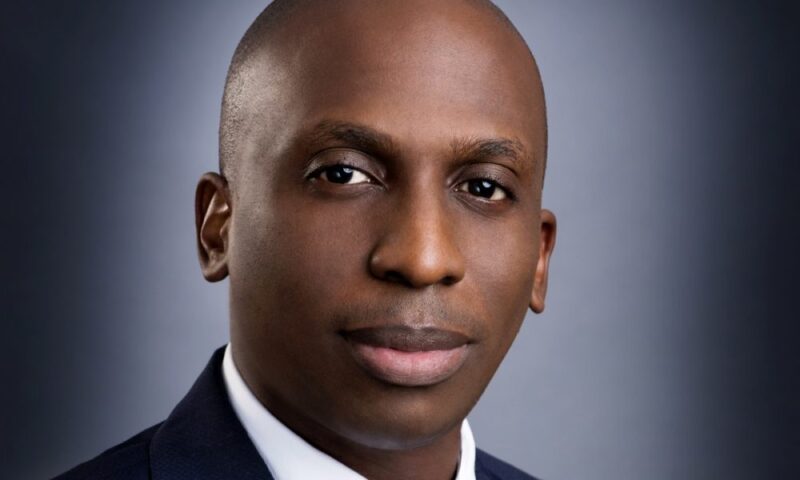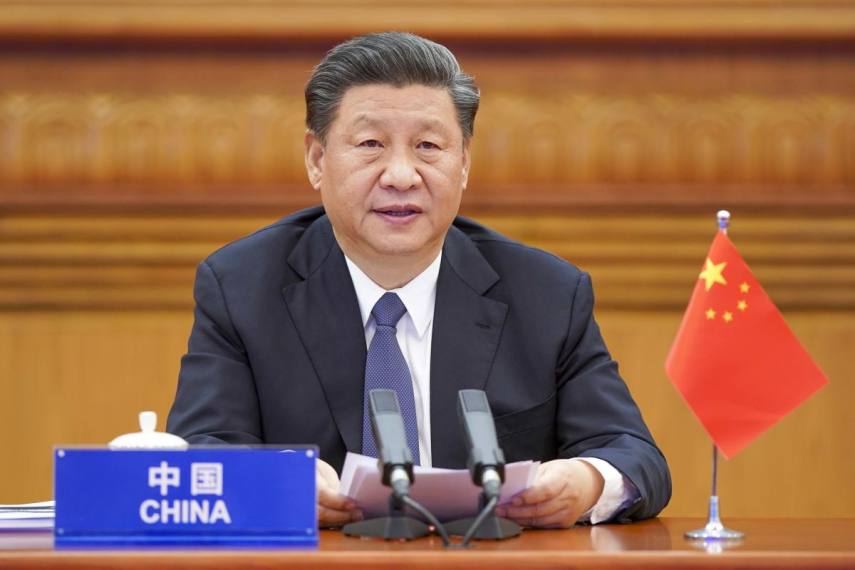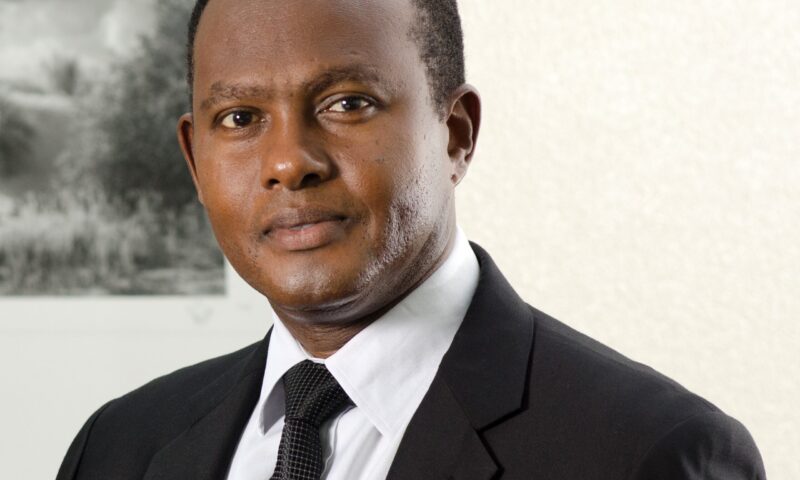As Africa Re celebrates its 45th anniversary, the Group Managing Director, Dr. Corneille Karekezi, discusses the success of the organisation and what lies ahead with Commercial Risk Africa.
Excepts
What is Africa Re doing to improve the very low insurance penetration on the continent?
Africa Re supports the insurance industry through highly-rated reinsurance capacity, technical assistance in insurance product development and capacity-building of human resources. In addition, we support awareness campaigns in some markets on the relevance of insurance as a safety net, as most African families rely on debt and family members.
Agriculture being the mainstay of most African economies, agricultural insurance is also an initiative we support through the development of parametric insurance products for small-scale farmers to guarantee loans from governments. This is a multi-stakeholder endeavour that seeks to provide insurance on a large scale.
The corporation also encourages technology companies through the recently launched insurtech category of the African Insurance Awards. This category recognises technology companies that are enabling the insurance value chain, especially in the distribution of insurance via digital platforms as embedded or standalone products. We also sponsor research and development in the insurance industry on relevant insights that could support industry innovation. One such initiative is the African Insurance Pulse, which shows the trends, challenges and opportunities in the insurance industry.
How has Africa Re fight against the Covid-19 pandemic?
The pandemic has disrupted the world, resulting in significant economic turmoil that has led the African economy into its first recession in 25 years, according to the World Bank. With the impact of the pandemic, governments and citizens are struggling financially and emotionally. Bearing in mind that pandemic risks, despite the legal interpretations in the courts, are generally not insurable, the only available safety nets lie with the government, socially responsible organisations and other affluent citizens to rise to the occasion.
Through the Africa Re Foundation, the corporation approved a donation of $3.32m channelled to various governments and private institutions at the forefront of the fight against the pandemic. This support is directed towards awareness campaigns, preventive measures, acquisition of medical equipment and personal protective equipment. This is currently being disbursed to the beneficiaries.
The entities to receive the donations are the Africa Centres for Disease Control and Prevention ($500,000); eight countries that host Africa Re offices, namely South Africa, Nigeria, Kenya, Ivory Coast, Ethiopia, Egypt, Mauritius and Morocco ($250,000 each); and 41 insurance associations of Africa Re member states ($20,000 each).
For our staff, we have put policies in place to comply with the guidelines from local authorities. At the moment, most of our staff are working from home and we will be adopting the hybrid-working model once normality is restored. We also issue continuous updates on relevant guidelines and safety precautions.
Africa Re is 45 years in business, give an update?
The African Reinsurance Corporation (Africa Re) is a successful pan-African story that has gone through different stages of growth to become the renowned financial institution that it is today. The corporation went through a difficult birth in 1976, during one of the challenging periods in the history of the continent. There were political, economic and social hurdles that seemed insurmountable.
Our operations started in 1978, with authorised capital of $15m, of which $10m was subscribed and $5m was paid up. Africa Re survived a tumultuous youth, due to the lingering socioeconomic uncertainties and political instability, which many thought the corporation may not survive. Under its successive visionary and stable leadership, the institution has evolved into a blossoming adult and is currently providing a significant portion of the indigenous reinsurance capacity on the continent.
Today, Africa Re has authorised capital of $500m, of which $285.86m is paid up. Based on the 2019 audited financial statements, the corporation achieved gross written premium of $844.79m from more than 80 countries and net profit of $99.90m. Shareholders’ funds stood at $975.18m and are expected to exceed the $1bn mark in 2020.
The cumulative gross written premium income and net profit amount to $11.35bn and $1.16bn respectively. With an A financial rating and creditworthiness by AM Best, and an A- rating by S&P, we remain the highest-rated African reinsurer, and we operate from Nigeria, Kenya, Morocco, Mauritius, Ivory Coast, Egypt, Sudan, United Arab Emirates, Ethiopia and South Africa.
The corporation has performed exceedingly well and ranks among the best-performing P&C (non-life) reinsurers in the world. Through the years, we have given steady and sustained financial and non-financial returns to stakeholders and the continent at large, while fulfilling our development mandate. The corporation continues to declare a decent dividend ($8.80 per share in 2019 and 2020), while steadily growing its shareholders’ funds.
Africa Re remains committed to its development mandate as outlined in its mission: to foster the development of the insurance and reinsurance industry in Africa; to promote the growth of national, regional and sub-regional underwriting and retention capacities; and to support African economic development.
Despite stiff competition in the reinsurance industry, we will continue to collaborate across the financial and insurance industry value chain. This will be done by deepening insurance penetration through financial-inclusion initiatives, partnerships with public authorities and product innovations for emerging risks such as climate change, pandemics and cyber risks. As a significant portion of the African reinsurance business is written by international reinsurers, with the premium leaving the continent, Africa Re will continue to retain more and more business in Africa by increasing its underwriting capacity and offering a highly rated security.
How has Africa Re fulfilled its mandate and achieved its objectives?
The corporation has performed well with regard to its mandate, with the growth and attractiveness of the industry being one piece of concrete evidence. Africa Re has also received several national, regional and international awards. Some of the contributions are summarised below, based on the three pillars of the corporate mission.
Firstly, on fostering the development of the insurance and reinsurance industry, the corporation conducts regular training and provides targeted technical assistance to industry stakeholders for relevant capacity building. This was recently complemented by the Young Insurance Professional Programme, which has enrolled three cohorts of 2,250 trainees from 46 African countries. The trainees, who are mostly between 28 and 32 years old, enrol for a year-long training programme in 13 customised reinsurance courses.
Our industry-recognition initiative, the African Insurance Awards, recently held its sixth edition. Four award categories recognised companies with good profitability, strong corporate governance and innovation, including the strategic leaders of those companies. Also, various initiatives financed through the Africa Re Foundation have aimed at building the technical and organisational resources of many African insurance regulatory authorities, as well as their IT capacities.
Secondly, as regards promoting the growth of national, regional and sub-regional underwriting and retention capacities, the corporation has the strongest capitalisation compared to national, regional or international reinsurers on the continent, expected to exceed $1bn in 2020. Africa Re also has the strongest financial strength and credit ratings from AM Best and S&P, and also provides inward retrocession capacity to other African reinsurers. As part of our market leadership, the corporation manages other continental initiatives to strengthen retention, including the African Oil & Energy Insurance Pool, the African Aviation Insurance Pool and the Energy & Allied Insurance Pool of Nigeria.
Lastly, with regard to supporting African economic development, the corporation contributes directly and indirectly to the labour force. We help to reduce foreign-exchange pressures by accepting insurance premiums in local currency, which is not done by the international reinsurers. The corporation invests in real estate that stimulates the local economy. As a reinsurer, we hold different investment instruments including cash, equities and bonds across Africa. Our investment assets are expected to hit $1.4bn in 2020. Africa Re also supports African economies through its corporate social responsibility initiatives, coordinated by the Africa Re foundation.
However, there is still a lot more to do in the area of personal insurance. With the continued support of governments, industry regulators and industry associations, there will be improvements in the not-too-distant future.
What is Africa Re doing differently?
After 45 years, all I can say is the strong belief in the pan-African story and commitment to the corporate mission by successive generations of staff, executive management and board of directors, sustained by the unwavering support of our shareholders. Those are the factors responsible for the success story of Africa Re.
Africa Re is an African organisation largely owned by Africans and solely run by Africans, while complying with international standards. Our resilient workforce, strong corporate governance and stable leadership are critical elements of the enviable achievements seen today. Needless to add, Africa Re has been spared from political interference from its African member states. Indeed, strategic and managerial decisions are taken based solely in the best interests of the corporation and towards the fulfilment of its mission.
Our business model is built around client focus, driven by our philosophy of proximity, cultural intelligence and market knowledge, as well as a motivated and competent workforce. While we benefit from a compulsory cession as outlined in our establishment agreement with member states, almost 95% of our business comes from voluntary cessions. This is testimony to the fact that our earnings are based on competition and value for money, determined by the client. The client’s choice is based on our distinctive competencies of relevant technical assistance, prompt claims settlement, risk-adequate pricing and bigger underwriting capacity, as well as superior financial strength and credit ratings.
Where do you see Africa Re in the next five to ten years?
With the development of Covid-19 vaccines, which have been slow to roll out on the African continent, we expect a gradual reopening of economies. Most countries have launched initiatives to rebuild their economies. Due to the divergent economic profiles of African countries and the consequences of Covid-19, we expect a multi-speed recovery.
The foundation of Africa Re is strong and we will continue to collaborate to drive the changes needed by our industry. Our clients will remain the focus of our strategic orientation and their needs will influence our strategic choices.
Africa Re will continue to support programmes and initiatives that are aligned with our corporate mission. We will continue to harness our distinctive competencies for a better value proposition to our stakeholders as we support African economies, regulators, industry associations, insurance companies and other contributors to the industry value chain. Our social initiatives are also expected to grow as we continue to deploy up to 2% of our annual net profit to social and industry-related projects through the Africa Re Foundation.
This is a time for the industry to come together as one on digitalisation initiatives, sustainability considerations, market integration and product innovations, while discouraging unhealthy competition. We need to brainstorm on how to bridge the protection gap with initiatives that are in tune with our cultural orientation and beliefs. The African Continental Free Trade Area agreement holds significant promises that we can only unlock together for significant impact.
Though all the above ambitions sound more socioeconomic, developmental and inclusive, this is our DNA. The corporation will continue to deliver relatively above-industry-average financial returns to shareholders, as in the past. Africa Re will retain its strong international financial ratings and corporate governance standards. As the saying goes, the industry will survive, revive and thrive.

